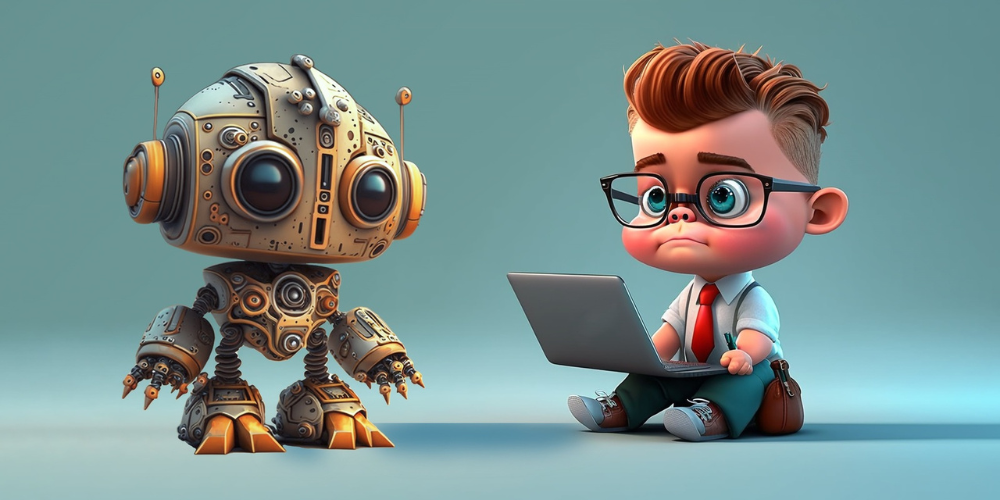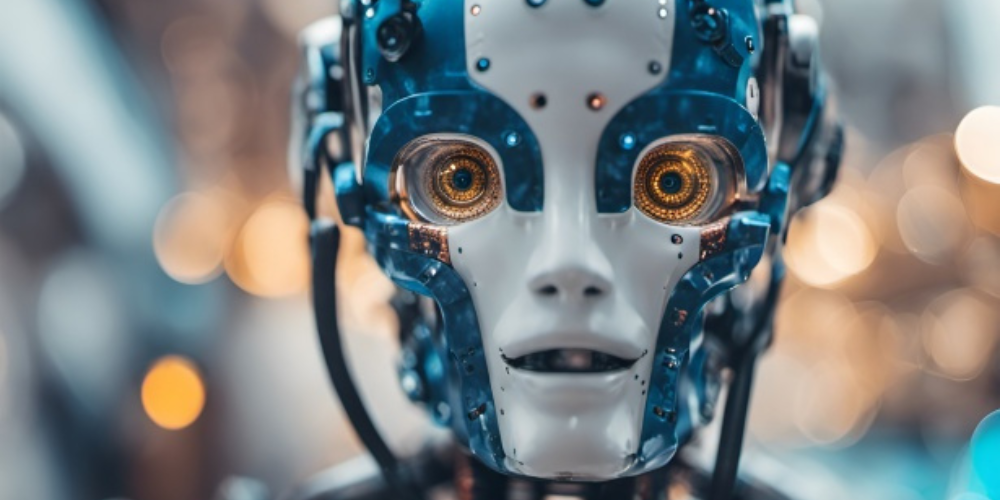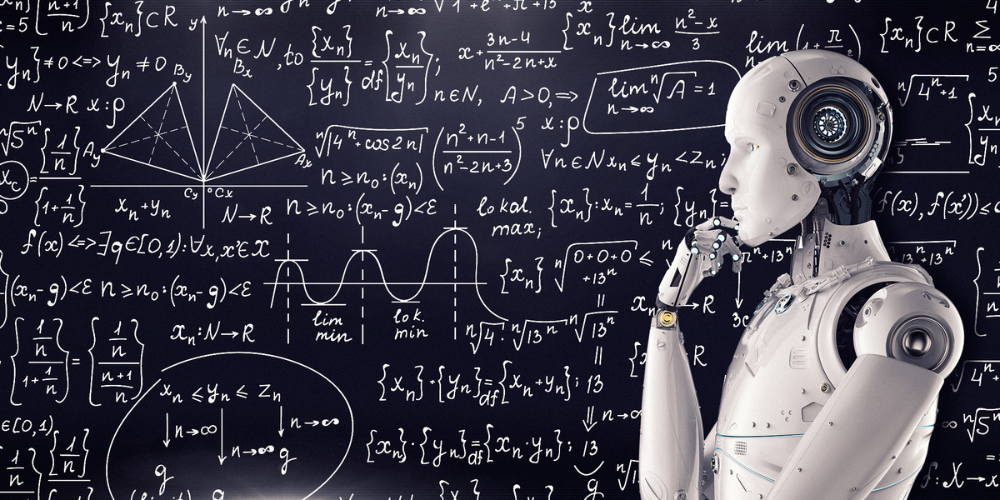The Emergence and Evolution of AI Agents
Jul 16, 2024

An AI agent is an automated software designed to complete tasks usually undertaken by human customer service agents, HR personnel, or IT help desk employees, among others. Although it might seem straightforward, the definition of what constitutes an AI agent remains varied and somewhat elusive.
Understanding the Basics of AI Agents
At its core, an AI agent uses artificial intelligence to autonomously perform a wide range of tasks. You instruct it to do tasks, and it takes over, often interfacing with multiple systems to execute its duties efficiently. This goes beyond merely answering questions; AI agents can perform complex functions that involve seamless interaction across various platforms.
Differing Perspectives Among Tech Giants

Even major technology companies haven't reached a consensus on what defines an AI agent. For instance, Google tailors AI agents to specific tasks like assisting developers with coding or helping marketers craft color schemes. Asana views AI agents as virtual coworkers that can handle assigned tasks efficiently. Sierra, founded by former Salesforce co-CEO Bret Taylor and Google veteran Clay Bavor, envisions AI agents as advanced customer service tools capable of solving complex problems beyond the scope of traditional chatbots.
The Need for Clear Definitions
The absence of a cohesive definition is causing some confusion about what exactly AI agents are supposed to accomplish. However, it’s generally agreed upon that AI agents are designed to automate tasks with minimal human intervention. According to Rudina Seseri, founder and managing partner at Glasswing Ventures, AI agents are intelligent software systems that perceive their environment, reason about it, make decisions, and act autonomously to achieve specific goals.
Envisioning the Future of AI Agents
Aaron Levie, co-founder and CEO of Box, is optimistic about AI agents becoming increasingly capable over time. He highlights several factors that will drive their evolution, including improvements in GPU price/performance, model efficiency, and AI frameworks. While these advancements are promising, experts like MIT robotics pioneer Rodney Brooks caution that AI systems face more complex challenges than other technologies, which may slow their development compared to the rapid growth seen in hardware advancements like Moore's Law.
Challenges in AI Integration

One significant hurdle for AI agents is the difficulty in crossing systems. Many legacy systems lack basic API access, complicating the integration process. While we are witnessing steady improvements, achieving seamless software interactions and solving issues along the way may be more challenging than anticipated.
Current Applications and Limitations
David Cushman, a research leader at HFS Research, views the current generation of AI agents as assistants that help humans achieve certain tasks but haven't reached the level of total independence. The challenge lies in creating a machine that can handle contingencies without human assistance, something we have yet to accomplish successfully.
Building an AI Agent Infrastructure
Jon Turow, a partner at Madrona Ventures, emphasizes the need for a specialized tech stack designed to support the growing proliferation of AI agents. Future advancements will depend on improving the underlying platforms to ensure they operate efficiently at scale. Turow suggests that the most effective AI agents would likely involve multiple models with a routing layer to delegate tasks to the most suitable agent and model.
Future Prospects
Fred Havemeyer, head of U.S. AI and software research at Macquarie US Equity Research, believes that the ultimate goal for AI agents is to operate entirely independently, taking abstract goals and reasoning out the steps required to achieve them. However, he acknowledges that we are still in a transitional phase where significant breakthroughs are needed to reach this level of autonomy.
While the future of AI agents looks promising, it's essential to recognize that we are not there yet. Continued research and development will be crucial in realizing the full potential of AI agents as envisioned today.








